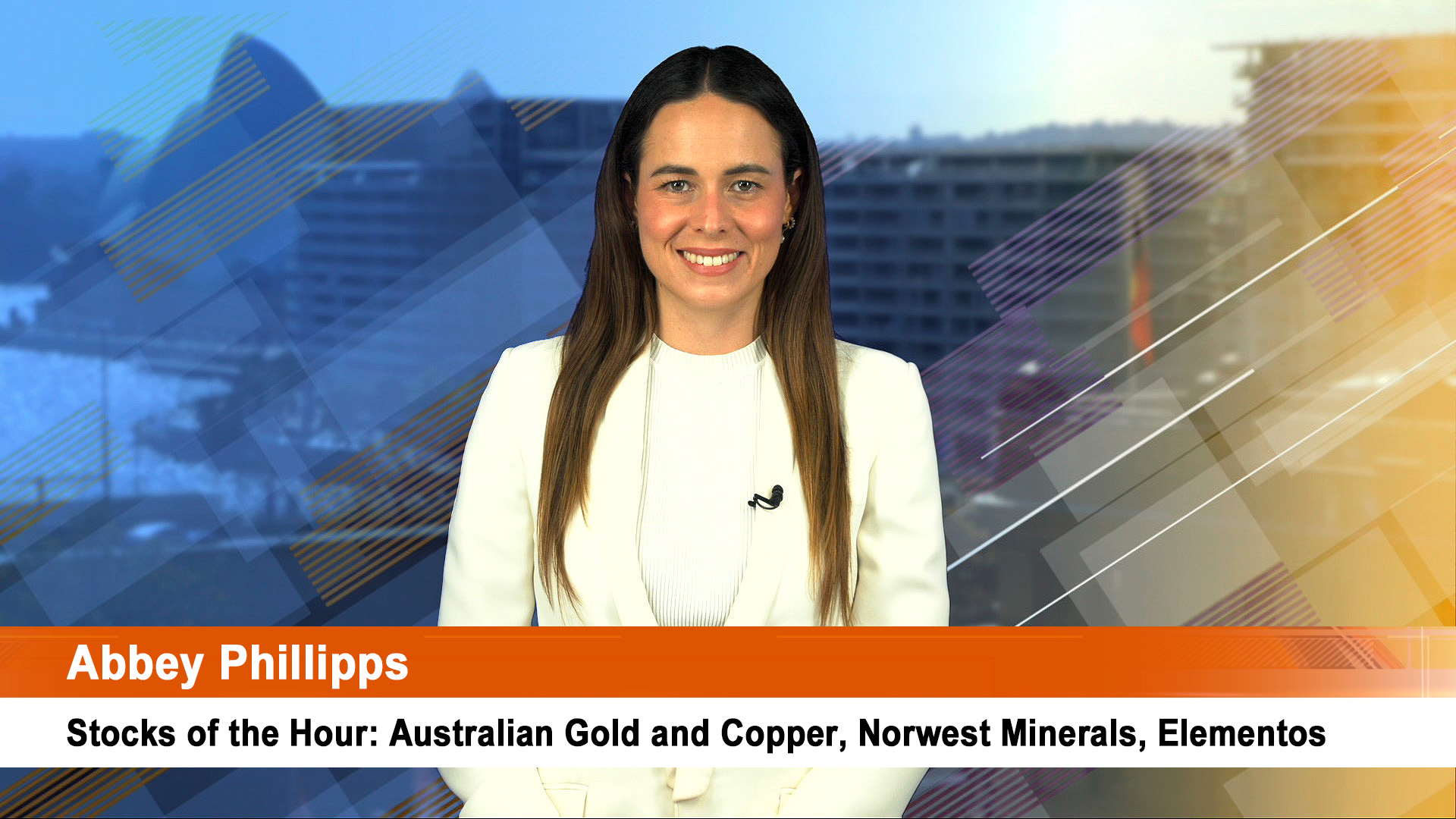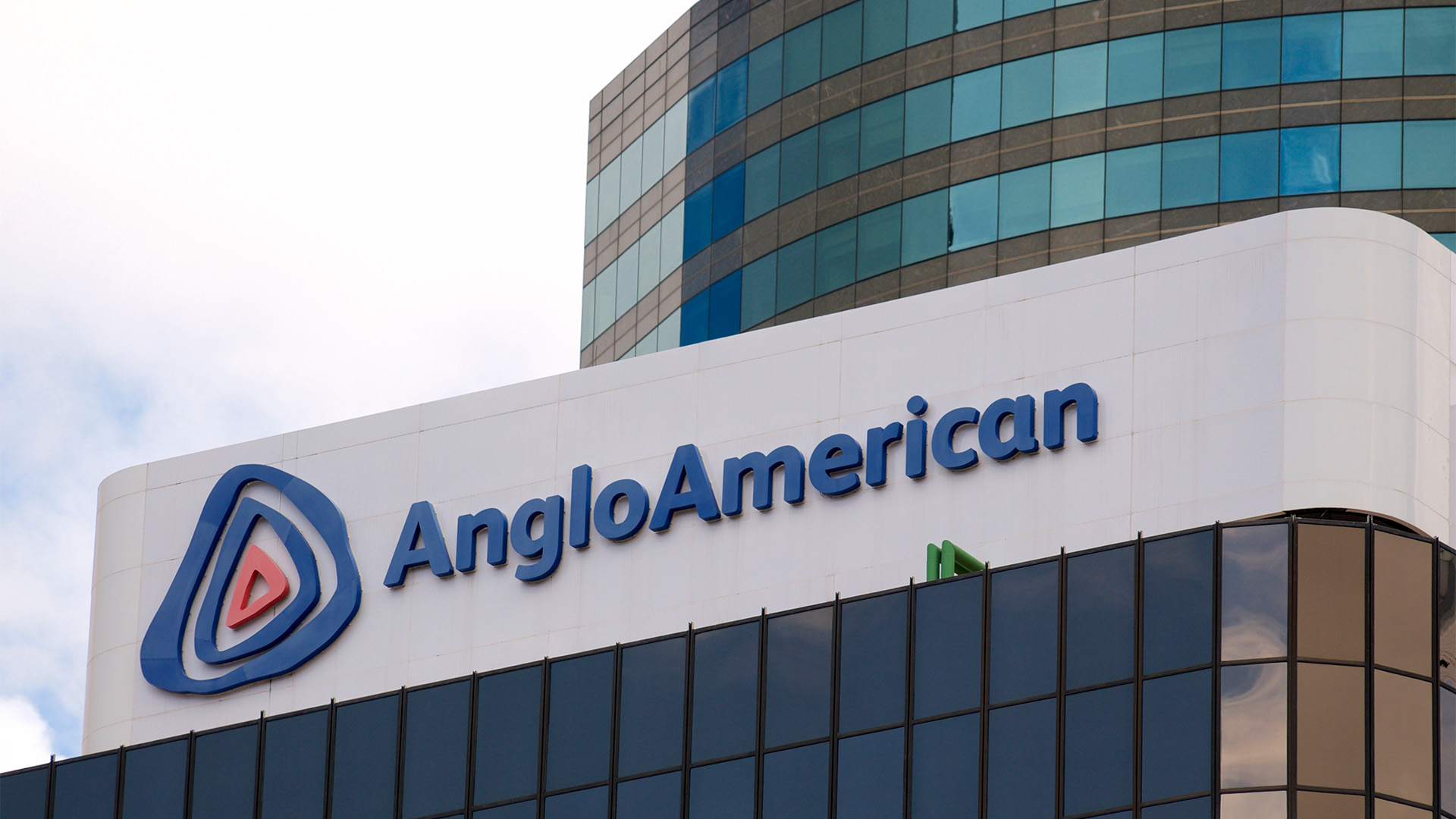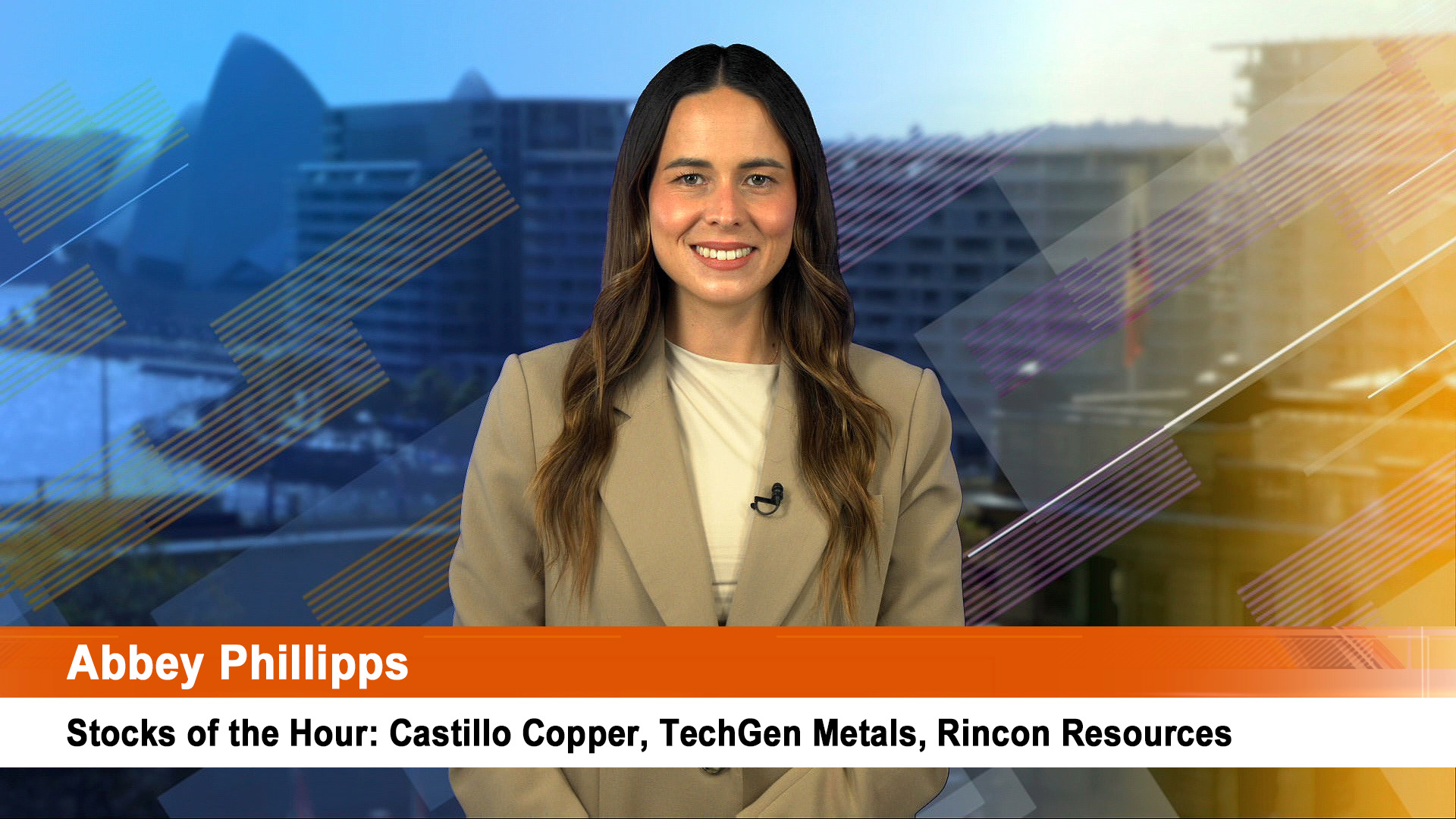In another example of what might be called the New Reality’ of Australian business, Asciano Ltd, the Toll Holdings transport spin-off, had bailed out of its controversial Brambles holding at a minimum loss of $85 million, and probably more like $120 million after funding costs are taken into account.
Asciano which is Australia’s biggest port and rail freight operator said yesterday it had sold its remaining stake in Brambles for $492 million.
Asciano, which had built a 4.1% stake in Brambles last year, sold 48.7 million shares, or 3.5% of Brambles equity in a sale to institutional investors brokered by Goldman Sachs JBWere
That ended one of the craziest moves by the supposed mainline company to try and launch a bid for a much larger rival.
That Asciano has been prepared to wear a loss so large after revealing larger than expected losses in its first interim report in February, says a lot about the harshness of life for companies with big debts and ambitions in the current market.
Asciano said in a statement to the ASX yesterday that "it has sold its remaining stake of approximately 48.7 million shares in Brambles Limited at an average price of $10.11 per share. The shares have been sold to a range of institutional investors. The majority of the proceeds of the sale will be used to retire existing debt, with the balance available for general working capital purposes."
Asciano expects the impact of the Brambles stake on its 2007/08 full-year results (including realised losses net of dividends), to be a non-recurring loss of approximately $85 million before tax and funding costs.
CEO Mark Rowsthorn said in the statement: "It is obviously disappointing to have sold the shares at a loss. However, we believe that the strategic advantages to the Company of divesting the Brambles stake outweigh the one-off impact on our results, particularly in the current market environment.
"The sale of our Brambles shares achieves two key objectives for Asciano. It allows us to retire a $406 million debt facility, improving our overall level of gearing and enhancing balance sheet flexibility. Importantly, the sale also allows Asciano to focus on our core businesses and on enhancing securityholder value through continuing to apply our operating expertise and pursuing key growth initiatives within our existing operations," he said.
The shares were sold at well under market: Brambles shares closed at $10.44 on Wednesday and the deal was done at a 33c discount (always a sign of a desperate seller).
Brambles shares fell 11c to $10.33 yesterday. Asciano shares finished 19c higher at $4.31 after rising as high as $4.52 on the news of the Brambles exit.
It’s the reaction from investors Asciano was after: its shares and that of its former parent, Toll, have been weighed down by fears that they might bid for Brambles. (Toll’s shares have also been hit by investors concerns that it won’t be able to quit its 62% of Virgin Blue.)
The tone of Mr Rowsthorn’s statement is also ‘disappointing’. Asciano and Toll emerged with small Brambles holdings because Brambles forced disclosure on the market when it spotted the buying through a subsidiary of Macquarie.
That was towards the end of last year as credit was tightening and the crunch was spreading. Asciano, Macquarie Bank and Toll ignore that, especially after the ACCC warned Toll and Asciano that they had undertaken not to act together in deals in the local transport markets.
Asciano was swept up in the credit concerns after Centro Properties hit the wall in mid December when it couldn’t meet its debts: the problems in January and February with Allco Finance here and other leveraged companies finally made investors sell companies with big debt and lots of leverage. Asciano shares plunged and at one stage there were rumours it could follow the likes of Rams and Allco and all but collapse under its own weight. A delay in producing interim results added to the pressure.
It was forced to issue a statement detailing bigger losses than expected. These latest losses will be reduced after tax (the company will get a benefit from taxpayers) but shareholders can blame one bloke: Mark Rowsthorn (and his mate at Toll, Paul Little) and a compliant board.
The pressures Asciano is under were highlighted in its interim results commentary.
It did everything to avoid mentioning the loss, but was very clear on its debt position, the maturity of that debt and the fact there were no margin loans covering Mr Rowsthorn’s stake in the company.
"Asciano Group (‘Asciano’), comprising Asciano Limited and Asciano Finance Trust, has today reported its preliminary unaudited results for the period ended 31 December 2007. Revenue from continuing businesses for the period to 31 December increased by 8.3% whilst underlying earnings before interest, tax, depreciation and amortisation increased by 21%," The company said in the report released in February.
"Reflecting a number of special items relating to the demerger of Asciano from Toll Holdings, and the restructure of Asciano’s grain business, Asciano reported a net loss after special items and tax for the period to 31 December 2007 of $71m.
"Commenting on the results, Asciano Managing Director and Chief Executive Officer, Mr Mark Rowsthorn, said “The growth in underlying earnings and the associated improvement in margins reflect a strong half-year for Asciano.
"Operationally, our Patrick Ports businesses have continued to trade well during the period. Continued robust demand from customers has underpinned growth in our Container Ports business. Our Auto, Bulk and
"General ports have benefitted from strong vehicle and steel volumes in particular, together with ongoing efficiency improvements. Similarly, the Pacific National Intermodal business has e













